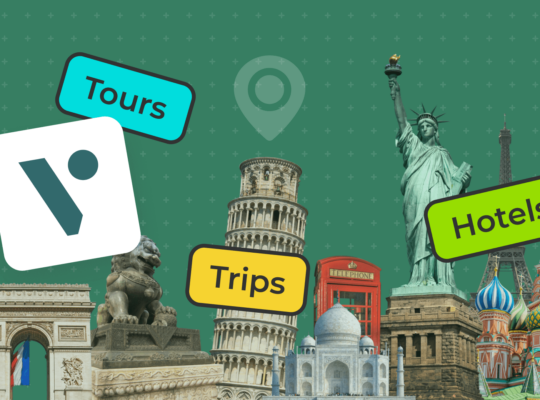In an increasingly interconnected world, digital ethnography has emerged as a powerful tool to explore the lives and cultures of indigenous communities. This blog sheds light on how this method is revolutionizing our understanding of indigenous cultures in the modern age, providing a unique perspective on their traditions, challenges, and resilience.
The Art of Digital Ethnography
Digital ethnography is an innovative approach that combines traditional ethnographic methods with digital technologies. It involves in-depth research, data collection, and analysis using digital platforms. This method allows us to gain a deeper understanding of indigenous cultures while respecting their privacy and boundaries.
Preserving Indigenous Knowledge
One of the primary goals of digital ethnography is the preservation of indigenous knowledge. Indigenous cultures possess a wealth of wisdom, passed down through generations. By using digital tools, we can ensure that this knowledge is recorded and shared with the world, safeguarding it for future generations.
The Role of Social Media
Social media platforms have become powerful tools for indigenous communities to share their stories, traditions, and struggles. We'll explore how platforms like Instagram, Twitter, and Facebook have allowed indigenous voices to reach a global audience.
Challenges and Opportunities
Digital ethnography also uncovers the unique challenges faced by indigenous communities in the modern age. From the impact of climate change to the preservation of endangered languages, we'll discuss how technology can both present challenges and offer solutions.
Bridging the Gap
This section delves into the importance of bridging the digital divide for indigenous communities. We'll explore initiatives that aim to provide internet access to remote areas, ensuring that these communities can participate in the digital age.
Empowering Indigenous Youth
Technology is a powerful tool for empowering indigenous youth. E-learning platforms, coding workshops, and digital storytelling provide opportunities for skill development and educational access.
Cultural Revival and Expression
Indigenous cultures often use digital platforms to express their identities and revive traditional practices. We'll discuss how these communities use technology to share their cultural heritage and connect with their roots.
Ethical Considerations
Digital ethnography brings with it ethical concerns, including issues of consent, data privacy, and cultural appropriation. We'll explore how researchers can navigate these challenges while respecting indigenous communities.
The Future of Indigenous Studies
Digital ethnography is shaping the future of indigenous studies. It offers a unique way to conduct research, engage with communities, and share knowledge. We'll discuss the potential for growth in this field.
Final Words
Digital ethnography is a powerful and respectful way to explore indigenous cultures in the modern age. It bridges the gap between tradition and technology, providing a comprehensive understanding of these vibrant communities.
Commonly Asked Questions
Q1: How does digital ethnography benefit indigenous cultures?
A1: Digital ethnography preserves indigenous knowledge, empowers youth, and allows communities to share their culture with a global audience.
Q2: What are the challenges of conducting digital ethnography in indigenous communities?
A2: Ethical concerns, data privacy, and cultural appropriation are challenges researchers must address when conducting digital ethnography.
Q3: How can technology bridge the digital divide for indigenous communities?
A3: Initiatives to provide internet access to remote areas help indigenous communities participate in the digital age.
Q4: What role does social media play in showcasing indigenous cultures?
A4: Social media platforms enable indigenous communities to share their stories, traditions, and challenges with a global audience.
Q5: How can digital ethnography contribute to the preservation of indigenous languages?
A5: Digital ethnography can document and revitalize endangered languages, ensuring their survival.












